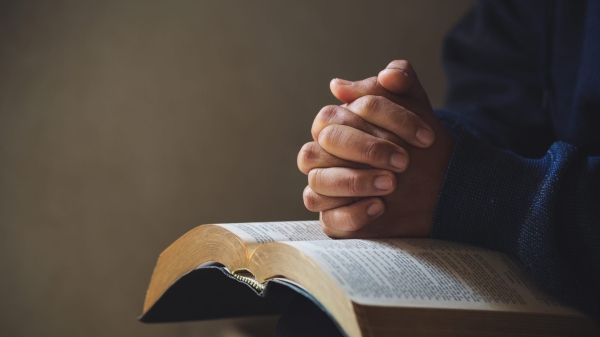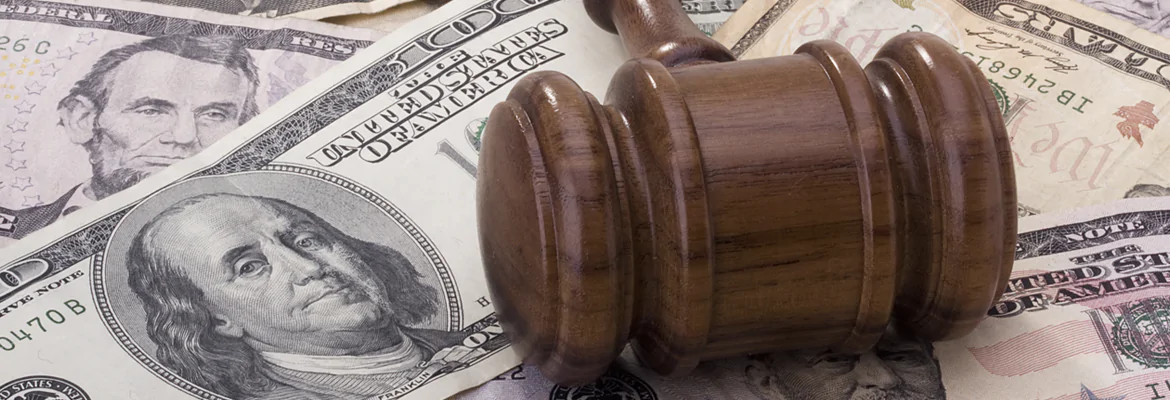By Bill Britt
Alabama Political Reporter
MONTGOMERY—Senate Bill 69 would give legislative committees the power to grant immunity for criminal activities. The bill’s intent is to give committees the authority to subpoena documents and testimony from agency heads and others—perhaps an unintended consequence that has raised serious questions in the judicial and law enforcement community.
A well-intentioned bill, sponsored by Sen. Dick Brewbaker (R-Montgomery), could have serious ramification, according to a former prosecutor speaking on background: “This bill would give anyone presiding over a legislative committee, the right to grant immunity to their fellow politicians and anyone else they choose,” he said.
Brewbaker said he sponsored the bill because, “Very often we try to get committee information and agencies have refused or delayed the production of documents…When someone testifies before a legislative committee and are asked matter-of-fact questions, they need to be careful and stick to the facts.” His says that request for documents would make-up the bulk of subpoenas issued.
The legally troubling portions of the bill concerns the compiling production of documents and testimony and giving anyone presiding over a committee the power to grant immunity, even for criminal activities.
Section 5(a) gives the person presiding over the committee meeting to compel a witness to testify even over their Fifth Amendment privilege against self-incrimination. It also allows the person presiding to grant the witness immunity from criminal prosecution and any documents subpoenaed to be excluded from any criminal proceeding.
Section 5(a), reads, “If a witness refuses to testify on the basis of his or her privilege against self-incrimination and the person presiding over the committee meeting communicates to the witness that the witness is required to testify, the witness may not refuse to testify. However, the witness may not be held criminally liable or held to answer criminally based upon any fact or act directly related to that which he or she is required to testify. No statement made by the witness or paper produced by the witness during such required testimony shall be considered competent evidence in any criminal proceeding against the witness except in the prosecution for perjury or a finding of contempt.”
Recently, the State turned over all the documents it plans to use as evidence in Speaker Mike Hubbard’s criminal trial. While it may sound outrageous under Section 5 of SB69, a committee could subpoena those documents from Hubbard, require him to give testimony, and his statements and the documents would not be permissible in his upcoming trial because he was immunized by the committee.
As the former prosecutor points out, this would give lawmakers a power not even granted the Attorney General or the district attorneys. In Alabama, law enforcement does not have the power to immunize anyone from criminal prosecution. This is a power afforded only to federal law enforcement.
The defense lawyer found Section 5 “blatantly unconstitutional because it requires a person to testify even if they assert the Fifth amendment privilege against self-incrimination. I am not sure what other mischief this bill allows, but we have separation of powers to protect against this very type of thing.”
The exact same bill was introduced in 2012, by then Rep. Joe Mitchell (D-Mobile), as HB526, but never made it out of the Internal Affairs Committee. North Carolina has a law that accomplishes what Brewbaker has described as his goal without the immunity provision. The 2013 “North Carolina General Statutes Chapter 120 – General Assembly.”
Article 5A – Committee Activity. Section 120-19.1 – 1. Hearings; examination of witnesses; counsel,” has been suggested as a template.
Brewbaker has said he spoke with the District Attorneys’ Association, and has agreed, in principle, to narrow of the bill.
Other sections of SB69 have been praised as well-crafted and on-point with Brewbaker’s goals.
However, there is grave concern among those in law enforcement as well as those in the legal profession.



















































